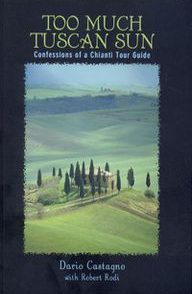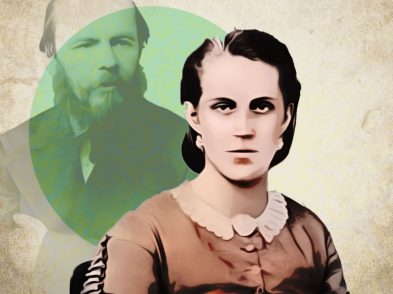While recovering from World Cup fever, Italian football will remain in the grips of a nasty scandal. The investigations of systematic match-fixing are being labelled Piedi Puliti – ‘Clean Feet’, – and the story has already claimed a tragic casualty in the form of the Juventus star Gianluca Pessotto who jumped from a window clutching a rosary following the pressure of taking over from the club’s shamed manage-ment. It is not the first time that scandal in Italy has claimed an illustrious victim.A superb book to guide the uninitiated through such turbid waters is Tobias Jones’s The Dark Heart of Italy. It deals with a dizzying parade of interconnected scandals, in football and elsewhere, as well as the original Mani Pulite – ‘Clean Hands’ – a pool of investigative magistrates who shook up the stagnant corruption of the regime of the Christian Democrats in the early 1990s with hundreds of high level convictions.As Jones relates, the corrupt and incompetent mechanism of today’s Italian state, and the total political polarisation of the Italian people, can be traced back to the ‘civil war’ fought across northern Italy by red partisans and fascist remnants of the Republic of Saló in the last days of WWII. The violence within this polarised Italy re-emerged in the outrages of rightwing and leftwing terror during the 70s and 80s. The bitter polarisation of left and right continues today – think of the knife-edge April election results, and the favouring of abuse over debate during the campaign.Jones describes Italian politics as a game of musical chairs where no seats are removed – the players just change positions. Anyone ob-structing the game ends up as an ‘illustrious corpse’. But he notes something qualitatively different from the venal but deeply ideologi-cal post-war years, and the amoral, TV-saturated greed of Berlusconi’s Italy.Beyond history, Jones shows Italy as the product of the character of the Italians, demonstrated by key words and phrases: furbo, or cun-ning – from small-time tax-evasion to offshore accounts siphoning away millions in public money, and clientelismo – ‘the habit of mutual backscratching’. Rather, without evidence he argues that Catholicism too is an integral part of the Italian character flaws – the flipside of tax-evasion and evasive criminal politicians: ‘Catholicism is all-embracing everyone is included which means that everyone’s for-given Politicians may be criminals but it doesn’t matter.’Jones weaves his murky material with great verve, though sometimes the result seems too coherently stitched up, so that everything is not just connected, but there must be a direct causal relationship between all these dubious events. However, he acknowledges the danger of seeing connections everywhere in an Italy forever obsessed by dietrologia – conspiracy theorising – and as an antidote he keeps his account personal, allowing himself to be caught up in modern Italy’s beauty, brutality and pain.
LIGHT MODE
DARK MODE
Most popular
The Florentine






